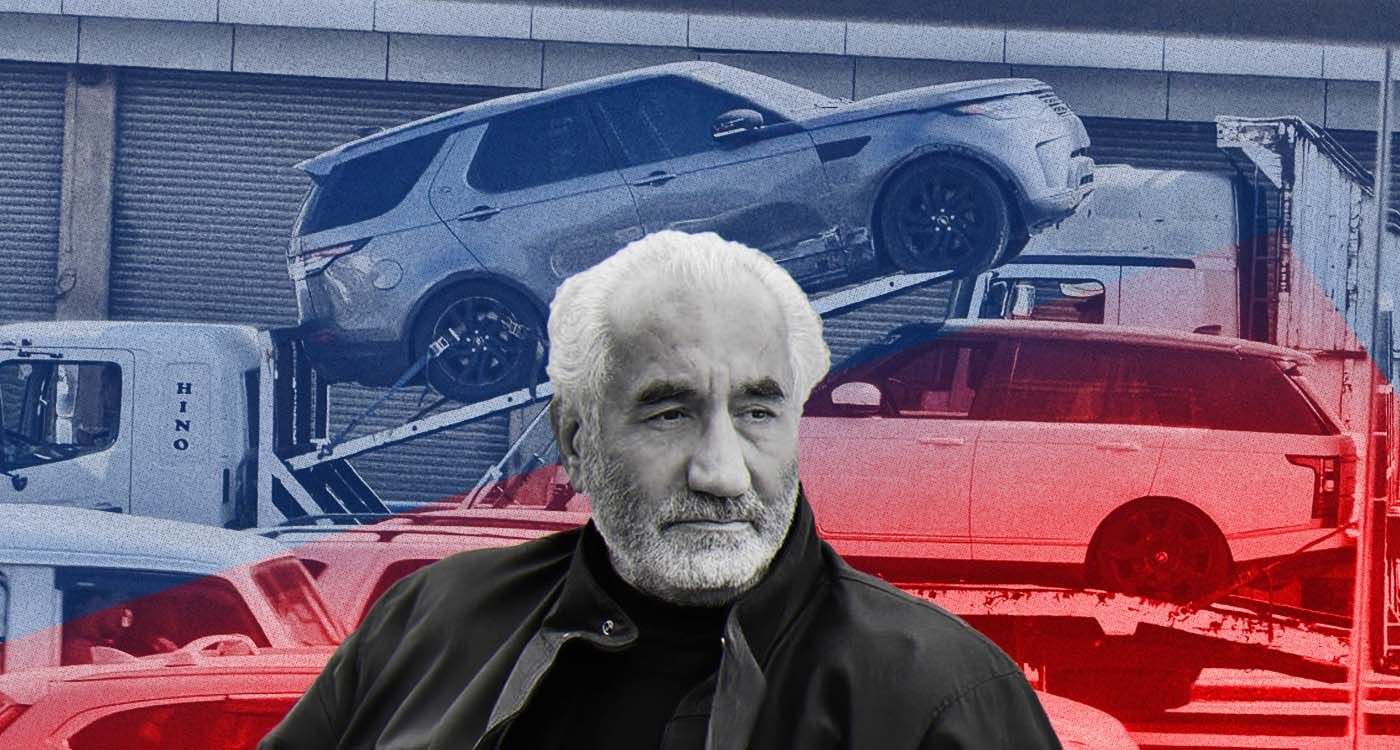
When it comes to road safety, Lebanon has reached a breaking point that elicits both outrage and sympathy. Ageing used cars that seem to defy the laws of mechanics, roads that resemble off-road rally tracks, haphazard or missing signage, and legislation that still feels like it’s in test mode. Despite this chaos, many Lebanese continue to hope their leaders will finally shift into gear and implement real, enforceable laws.
Road safety starts long before a driver turns the ignition. In Lebanon, the country’s vehicle fleet runs on autopilot, old, worn out, and virtually free from technical inspection.
While many developing countries incentivize the retirement of older vehicles — offering bonuses for scrapping cars over ten years old — Lebanon continues to import large numbers of used vehicles that are already seven to eight years old, well past the midpoint of their intended lifespan.
“The majority of used cars being brought in are already at the end of their cycle, yet they’re allowed on our roads with no restrictions,” says Nabil Bazerji, President of the Association of Representatives of Global Automobile Manufacturers in Lebanon, in an interview with This is Beirut. He adds that new car sales have collapsed — dropping from 36,000 in 2019 to just 8,000 in 2024, a staggering 80% decline. Meanwhile, imports of used cars over seven years old have surged past 18,000 units.
Vehicles Over Eight Years Old
Amid this downward spiral, Nabil Bazerji is calling on the authorities to shake off their inertia. He stresses the pressing need to enforce Law No. 348 of the Traffic Code, which strictly bans the import of damaged or dismantled vehicles and mandates that any car placed on the road be in sound mechanical condition.
His appeal underscores more than just the crumbling state of Lebanon’s car fleet. It draws attention to the mounting dangers on the roads — and to the shadowy spaces where disorder and corruption are allowed to flourish.
Technical Inspection Nowhere to Be Found
Whether locally owned used cars or imported secondhand vehicles, none are subject to effective technical inspection in Lebanon. The former may occasionally have a service history, but the latter arrive from abroad with no traceability and without any certification of roadworthiness.
At the ports of Beirut and Tripoli, inspections previously conducted by customs have come to a complete halt since the expiration of a contract with a private operator — a contract that was never renewed or replaced. Meanwhile, local vehicle inspection centers remain shut down, despite unconvincing attempts to reactivate them with military personnel.
“The fragmentation of responsibilities between the Ministries of Finance and Interior has stalled any prospect of a lasting solution,” laments Nabil Bazerji, highlighting the inertia of a system running on fumes.
Used Cars: A Social Reflex and a Financial Investment
The Lebanese appetite for used and second-hand vehicles is not merely the result of economic hardship. It also reflects a deeply ingrained social pattern, which some sociologists describe as mimetic frustration: rather than purchasing a brand-new compact car (segment A), many buyers opt for a second-hand luxury sedan (segment D or E), perceived as more prestigious—even if it’s outdated.
In a country grappling with crisis and dominated by an informal economy, buying a used vehicle has also become a way to legitimize cash holdings that might otherwise lack documentation.
Finally, amid soaring inflation, the used car is increasingly viewed as a safe haven—a tangible asset that can be resold at a profit, making it both a practical purchase and a speculative investment.
Manufacturer’s Warranty: A Neglected Right, a Forgotten Safety Net
Nabil Bazerji is sounding the alarm: too many Lebanese overlook the mechanical warranties offered by official car dealerships. These warranties, typically ranging from three to five years, and up to eight years for electric vehicle batteries, are a fundamental consumer right and a key safeguard.
He also stresses the importance of recall campaigns, technical interventions aimed at correcting safety-related defects in components such as brakes, airbags, or steering systems. But to benefit from these updates, the vehicle must have been purchased through authorized channels, a prerequisite that is often ignored.
Road safety, he insists, begins with individual awareness, but it also relies on a functioning state and the consistent enforcement of regulations.
To make matters worse, Lebanese law exempts second-hand vehicles from VAT as only the first purchaser is required to pay it. This legal loophole further fuels a parallel market, often at the expense of safety.




Comments